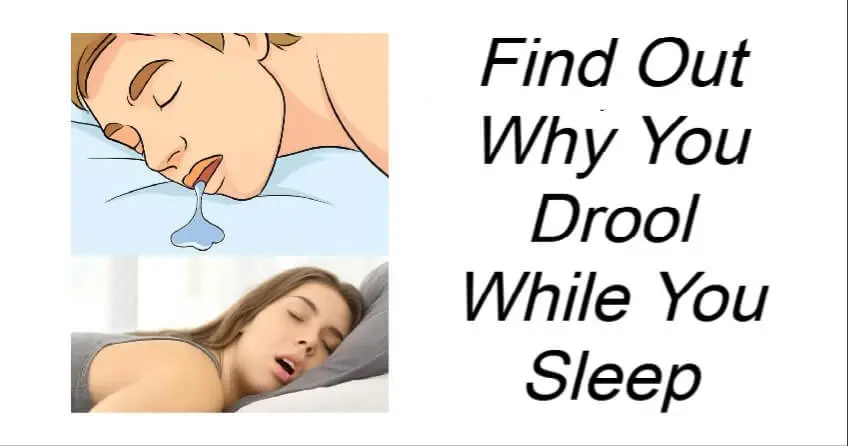Do You Wake Up With a Wet Pillow? Find Out Why You Drool While You Sleep
Drooling during sleep is a common and usually harmless occurrence. While it’s often simply a result of sleep posture or muscle relaxation, in some cases, it may point to underlying health issues or specific habits that can be addressed. Below, we’ll explore the most common causes of nighttime drooling, and when it might be a sign of something more serious.
1. Muscle Relaxation
During deep sleep, especially during REM cycles, your muscles—including those controlling the mouth and jaw—relax significantly. This relaxation may cause your mouth to open slightly, allowing saliva to escape instead of being swallowed, as it normally is when awake.
2. Sleeping Position
Sleeping on your stomach or side makes it easier for gravity to pull saliva out of the mouth. Conversely, those who sleep on their backs tend to swallow saliva more easily, which helps reduce drooling.
3. Nasal Congestion
When nasal passages are blocked—due to allergies, colds, or sinus infections—you’re more likely to breathe through your mouth, which can lead to excessive drooling.
4. Excess Saliva Production (Hypersalivation)
Some people naturally produce more saliva than others. Conditions like oral infections, enlarged tonsils, or reactions to certain foods and medications can increase saliva production and contribute to nighttime drooling.
5. Gastroesophageal Reflux Disease (GERD)
Acid reflux can irritate the throat and trigger more saliva production. People with GERD may experience drooling along with other symptoms like heartburn or throat discomfort during sleep.
6. Neurological Conditions
Disorders that affect muscle control—such as Parkinson’s disease, cerebral palsy, or a history of stroke—can impair the ability to swallow, leading to drooling.
7. Certain Medications
Some medications, including sedatives, antipsychotics, and specific antibiotics, can either increase saliva production or relax the muscles involved in swallowing, making drooling more likely during sleep.
When Is Drooling a Cause for Concern?
While drooling is usually not a medical issue, you should consult a healthcare provider if it is:
- Affecting your quality of sleep or daily functioning
- Excessive or persistent
- Accompanied by difficulty swallowing or breathing
- Paired with loud snoring or gasping (which could indicate sleep apnea)
Tips to Reduce Nighttime Drooling
- Sleep on your back to help reduce saliva pooling at the mouth.
- Treat nasal congestion using saline rinses, antihistamines, or decongestants if necessary.
- Maintain good oral hygiene to prevent infections and inflammation.
- Stay hydrated, but avoid eating or drinking heavily right before bed.
- Consult a specialist (ENT or sleep doctor) if drooling persists or worsens.
Nighttime drooling is often nothing to worry about, but it can be uncomfortable or embarrassing. Identifying the underlying cause—whether it’s related to sleep position, a medical condition, or a temporary illness—can help you manage or reduce it effectively.
You’ve just read, Find Out Why You Drool While You Sleep. Why not read Manager Had To Hire A New Employee.

